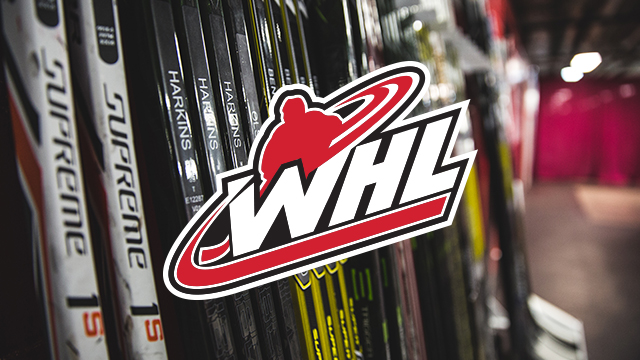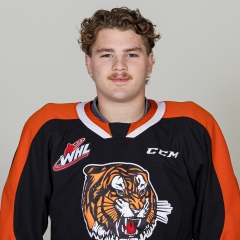Statement from the Western Hockey League regarding mumps virus
The Western Hockey League was informed of confirmed cases of mumps within one of our member Clubs in early February. Since that time, the WHL has been working closely with its Team Services Committee, all 22 WHL member Clubs and their training staff members as well as the applicable health authorities to ensure proper steps are being taken to minimize the spread of the virus.
All WHL Clubs were immediately advised by the WHL Office to take all necessary precautions, including sanitization of all locker room areas and equipment. All WHL Clubs were also asked to review vaccination histories of players and team staff and strongly recommend vaccination if necessary. The medical and training staff members of each WHL Club and the WHL Office are on alert for anyone displaying mumps symptoms, including officials, and isolating individuals as required.
The health and welfare of all WHL players, staff members and fans is the League’s top priority. With the assistance of the health authorities, all WHL Clubs are continuing to ensure sanitization, early detection and isolation protocols are being followed diligently. While there is an extremely low risk of spectators contracting the virus, the WHL has also instructed all WHL Clubs to advise players to refrain from any direct contact with fans at this time.
Mumps is spread through respiratory droplets of saliva and mucus from the nose, mouth and throat. During periods of increased cases of mumps, Alberta Health Services advises the public to practice good hand hygiene and encourages the use of hand sanitizer whenever possible. Symptoms of the mumps can include swollen salivary glands and flu-like symptoms such as fever, body aches and headaches. Anyone displaying mumps symptoms is asked to contact (by phone) their family physician or local health authority.
Mumps is preventable through vaccination, however, a minority of vaccinated individuals remain susceptible. All individuals can confirm their immunization history with their family physician or local health authority, particularly if there has been recent contact with someone who may have symptoms.
For more information on the virus, please visit immunizealberta.ca or contact your local health authority.












































































